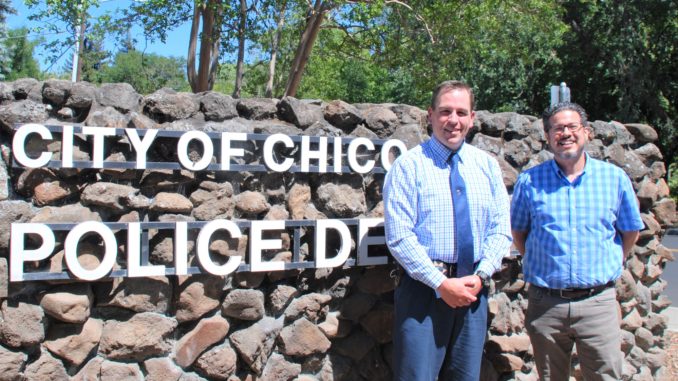
During a recent City Council meeting, Chico Police Chief Matt Madden made a public presentation about the drone program his department is developing off a start-up grant from a local community group. He explained the laws limiting use of these unmanned aerial units and detailed the training officers must receive in order to operate them. Vice Mayor Kasey Reynolds praised the presentation, which she noted she’d seen previously with the Police Community Advisory Board.
Reynolds’ revelation, more than anything Madden shared, drew the strongest question. Councilmember Alex Brown expressed surprise that advisory board was still active—understandable given both the pandemic and change in police leadership, with Madden succeeding retired Chief Mike O’Brien last summer, but also because O’Brien suspended the board’s meetings in 2019.
Madden re-convened the board soon after becoming permanent chief last August. Then he sought to change it. Madden told the council that the Police Community Advisory Board, or PCAB, would post agendas and minutes, plus release an annual report to the public. In some fundamental ways, his description of the panel evoked a city-like board or commission (one that would be subject to the state’s open meetings law, the Brown Act).
Is it? The chief plans to present his plans to the City Council—he was postponed from the June 15 meeting, with no reschedule date set as of publication—but from what he told the CN&R, the new PCAB is more public but it stops short of a being a police commission empowered with oversight.
“We’re taking this in a little different direction,” Madden told the CN&R during an interview at his office with the board’s chair, Jovanni Tricerri. “I still feel very strongly that this is a board that can look into the police department with a whole different set of eyes and be able to be able to provide feedback to your chief of police as to what the community feels like the Chico Police Department is doing well and where the police department can improve.
“This is not a City Council-run board; this was created by the chief of police, for the chief of police,” he added. “If council wants to create some different type of board, ad hoc committee, whatever—similar to what we saw last year [with then-Mayor Ann Schwab’s Policing Ad Hoc Committee]—they have all the authority to do that.”
Margaret Swick and Cory Hunt, citizen appointees to that Policing Ad Hoc Committee, both told the CN&R they were wary of this latest effort based on their experience with police review in Chico. Each expressed a desire for more direct public input and for all meetings to be public.
Swick proposed, “If we could redefine it and make it a community advisory board for the police, instead of a police board …”
Board direction
The city’s PCAB dates to the 1990s under former Chief Mike Dunbaugh (in his response to Brown, Madden said it’s met since 1995). Over the decades, the board has ebbed and flowed. Mike Maloney revived it after becoming chief in 2009; according to ChicoSol.org, O’Brien planned to resume meetings last April, before announcing his retirement.
Madden, promoted from deputy chief, told the CN&R that he prioritized reconstituting PCAB. He became interim chief, then chief, in the wake of George Floyd’s killing by Minneapolis police officer Derek Chauvin, which sparked protests in Chico and cities across the country. Local protesters also decried three fatal shootings by Chico police officers—those of Desmond Phillips and Tyler Rushing in 2017 and Breanne Sharpe in 2013—as well as others over the past couple of decades.
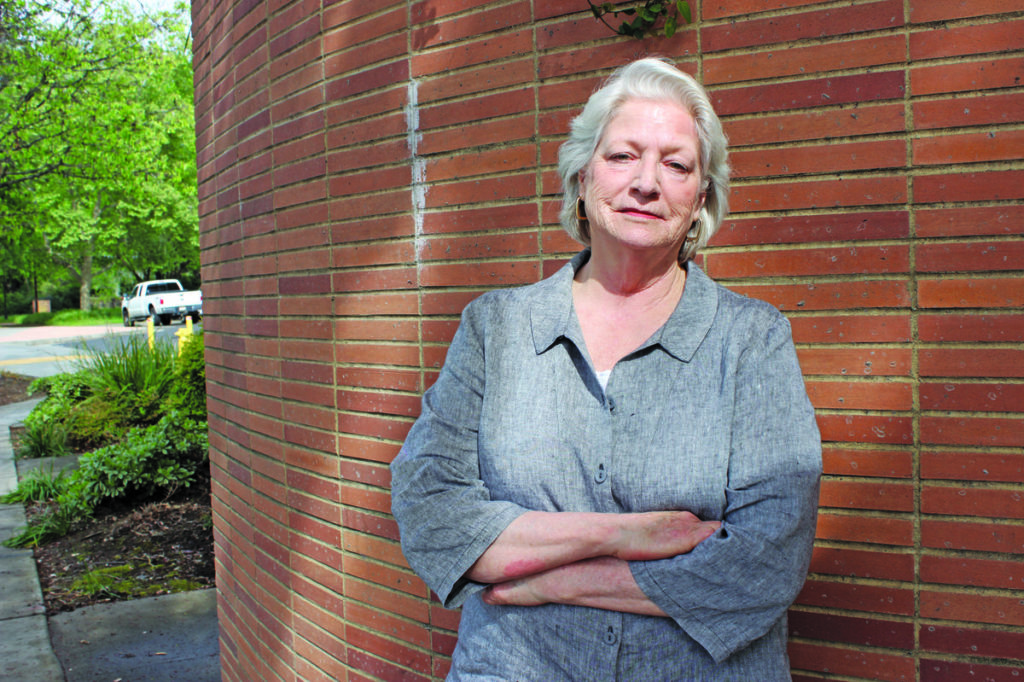
The push for social justice and police reform prompted the City Council to create last summer’s Policing Ad Hoc Committee chaired by Schwab. It also motivated Madden to call back the most recent members of PCAB to lay out his vision for community input.
“I wanted [the board] to be more advisory, I wanted more engagement with it, and I wanted it to be more diverse—because, from my perspective, as we’ve seen the things that have gone on on a national level and even here in Chico, I want to focus on building relationships in Chico,” he said. “Because Chico is a very different community than a lot of the communities around us … and there were current board members on there who felt the same way.”
Most members stayed; some left and were replaced. The new iteration (see infobox below) encompasses citizens of various ethnicities, backgrounds and professions—with one commonality.
“You’re not going to find on this board somebody who doesn’t want the police department to exist,” said Tricerri, who’s served several stints on PCAB since 2016. “If you look at each member of this board, they would really like, with the chief, to make this better, have the hard conversations. That’s what struck me in re-upping with this board.
“I was prepared to step back and not be part of the board any more to free up some time, but we’re in national and local conversations about policing that are important conversations. Those who are on the board now really feel their perspective is valued. And I can attest to the chief, as far as the reason he is not only continuing with [PCAB] but making it deeper and more expansive, is because he really wants to lean into the hard conversations.”
PCAB has met once or twice monthly—so far in private sessions, both Madden and Tricerri said, to have candid discussions while setting out areas of inquiry. The board decided to start on six: community policing; training; communications and messaging; support services; officer safety and wellness; and recruitment and retention.
Moving forward, some meetings will be public, Madden said, based on the topic and confidentiality considerations, such as personnel matters.
“I don’t want the politics to take over what we’re trying to accomplish,” he added, contrasting PCAB with a Brown Act board. “This is really designed to get into the weeds on issues with the police department and relationships with the community.”
Tricerri, a former City Council candidate, said that “the key to this process is transparency. Yes, we’re meeting in private in many of these meetings and discussions, but what we’re discussing will be very transparent to the public as far as the agendas and minutes and the public report.”
Ample input?
PCAB isn’t Madden’s sole conduit for input. He has engaged community groups and residents, including those critical of his department. Swick, a founding member of Chico’s Concerned Citizens for Justice advocacy group, said she’s spoken with Madden, including about PCAB.
“The chief does say he believes in community policing, and part of what he’s doing is meeting with a variety of community members,” she told the CN&R by phone. “He seems to care deeply about these things, and I’m glad of that. But we kind of are sitting on different sides of the fences.
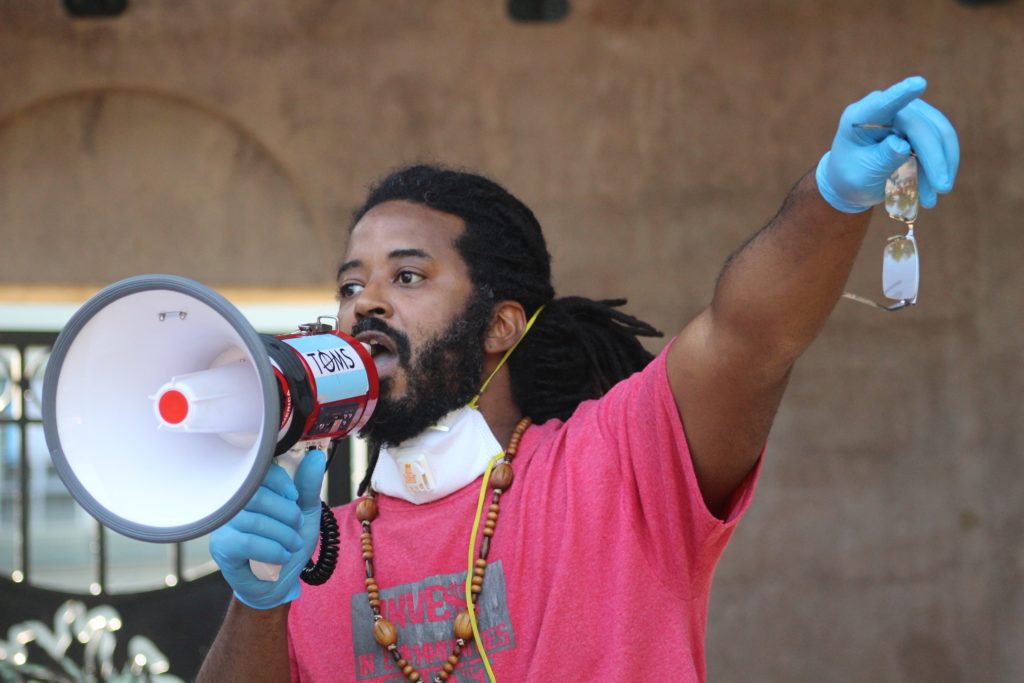
“Even though this is considered community policing, there’s no format for the public to speak,” added Swick, who observed PCAB meetings under O’Brien and his predecessor, Kirk Trostle, for the League of Women Voters. “It’s the goal of a community advisory board to build trust and two-way communication, but in the past, there’s been no two-way communication. Hopefully this one will move forward with that intention.”
She and Hunt, an activist who co-founded Justice 4 Desmond Phillips, represented reform-minded Chicoans on the Policing Ad Hoc Committee, which also included Brown (then vice mayor), Reynolds, Madden, two other police officers and a lawyer.
Hunt told the CN&R by phone that he had felt marginalized on the committee, which he said Chico Police and supporters dominated. Discovering that Schwab “already had created the agenda with the police” instead of developing the plan with the full committee “was off-putting … made me lose a lot of faith in the possibilities of what could happen in that.”
As such, he has low expectations for Madden’s PCAB.
“Public relations—that’s what it seems like this whole advisory board is,” Hunt said, “this whole public relations stand, where they’re just trying to get a better light on [the department], create a perception around them of positivity. With the committee, I just wanted everybody to be involved—and they’re still not letting everybody be involved.
“I’ve been hesitant to speak on this, because I don’t want to detract from anybody trying to get work done on this. But being on the committee gave me a very microscopic view of how entrenched the power structure is…. Police have been trying to protect themselves from reform for a long time.”
Madden pledged openness, saying he introduced his command officers (captains and lieutenants) to PCAB, conveyed to the department his commitment to the board and accorded board members access to information they require, including confidential (e.g., personnel files, etc.).
“I know, working inside a police organization a long time, what’s important to the chief of police is important to your staff,” Madden said. “I make it clear anytime I promote somebody or hire somebody that the badge, the authority, comes from the state [but] the power, the responsibility of being a police officer, comes from your community.”
Chico’s Police Community Advisory Board:
Antonio Arreguin-Bermudez, Chico State professor
Gloria Halley, Butte County Office of Education administrator
Scott Kennelly, Butte County Behavioral Health director
Michael Lo, financial adviser and Community Housing Improvement Program board member
Matt Madden, Chico police chief
Kasey Reynolds, Chico vice mayor
Tray Robinson, diversity and inclusion officer at Butte College (newly hired from Chico State)
Jovanni Tricerri, North Valley Community Foundation vice president
Tom van Overbeek, developer and Downtown Chico Business Association board member
Julia Yarbough, former broadcast journalist and former Chico Police spokesperson

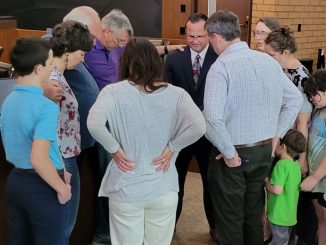
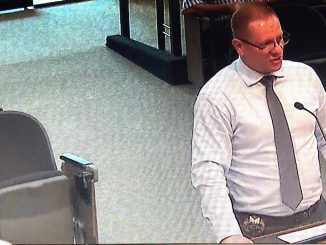
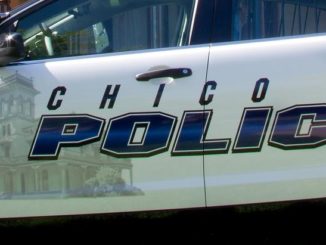
Be the first to comment